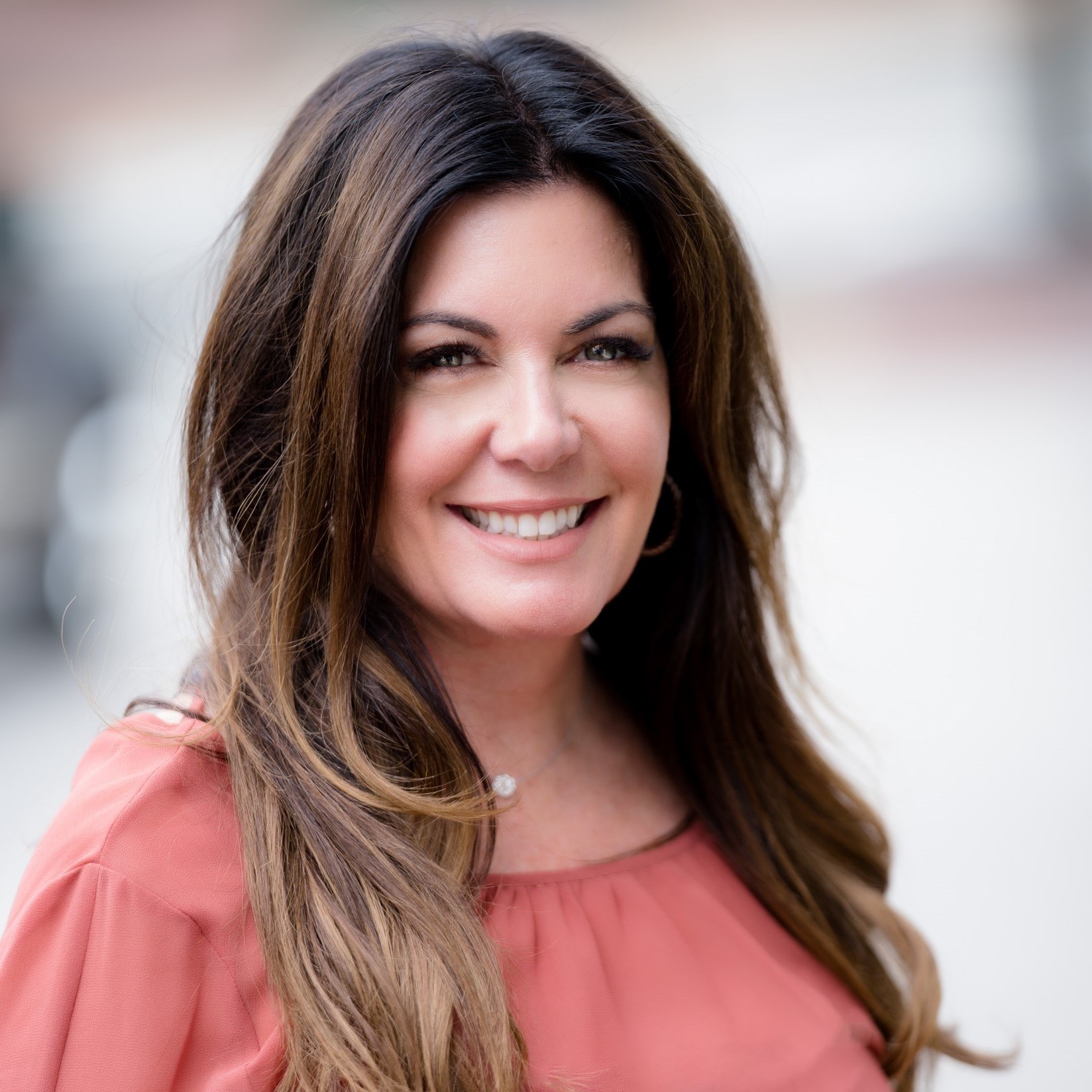
Photo by Olya Adamovich via Pixabay
You’ve decided to start the process of buying a home. Congratulations! Now it’s time to figure out how much money you have, and what you can afford. The goal is to avoid purchasing more home than you can afford, but those variables change. In September 2019, the average price of a new home was almost $363,000. As an average, that may sound a bit steep, especially if this is your very first home.
A home may be one of the largest purchases you make. That’s why it’s important to go in with a clear head and everything aligned. Here are a few tips on learning how to budget when you’re preparing to purchase a new home:
Your mortgage should not be more than 25% of your gross income each month.
Any existing debt you have should be eliminated if you can afford it. The lower your debt to income ratio when you start the process, the better off you will be. Additionally, you should save as much as you can for a potential down payment. Depending on the loan, that will be 10 to 20%.
The figures you come up with will give you a good idea of where you stand and is a good starting point for your initial meeting with a mortgage broker. It’s also a good idea to review the types of loans that you may qualify for and look at the requirements. That will give you a general idea of the amount of money you will need to come up with for a viable down payment.
Although things may seem complicated, once you get started, everything should fall into place. Your real estate agent or mortgage broker will be able to provide more insight once you get started. Take your time and don't rush the process. It will be worth your while in the end.

As a RE/MAX® agent, I’m dedicated to helping my clients find the home of their dreams. Whether you are buying or selling a home or just curious about the local market, I would love to offer my support and services. I know the local community — both as an agent and a neighbor — and can help guide you through the nuances of our local market. With access to top listings, a worldwide network, exceptional marketing strategies and cutting-edge technology, I work hard to make your real estate experience memorable and enjoyable.
I look forward to the opportunity to work with you. Please don’t hesitate to contact me today!